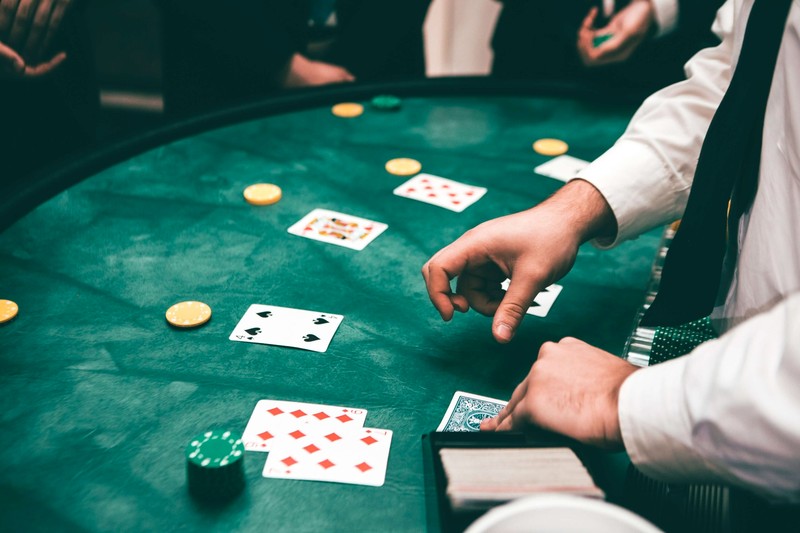The art of poker isn’t confined to calculating pot odds and mastering hand combinations. At its core, it’s a mental chess match, a seductive dance of strategy and deception where the chips tell one story, and your eyes, your tells, whisper another. This isn’t a guide for counting cards or memorizing probability charts; it’s a deep dive into the art of the bluff, the weapon that transforms mere probability into psychological warfare.
Weaving a Web of Lies: The bluff, that audacious act of betting on a weak hand, is the poker player’s ultimate power play. It’s a calculated masquerade, a performance where every twitch of your eye, every flick of your wrist, becomes part of the act. To master this art, you must delve into the human psyche, understanding how to read your opponent, manipulate their perception, and ultimately, extract their chips while holding a hand barely worthy of a napkin.
Reading the Micro expressions: Your eyes, they say, are the windows to the soul. In poker, they’re the flickering billboards of intent. Learn to decipher the subtle tells – the dilated pupils of a nervous call, the averted gaze of a hidden monster, the bead of sweat betraying a shaky bluff. Practice your own poker face, an emotionless mask that conceals your true intentions, leaving your opponent grasping at shadows.
The Language of Bet Sizing: Your bets are your voice in the silent language of poker. A timid min-raise speaks of weakness, a hefty three-bet screams confidence. Learn to wield your bet size as a weapon, constructing narratives with your chips. A small continuation bet after the flop may suggest a cautious hand, while a sudden overbet on the turn can paint a picture of a monster lurking beneath the surface.
The Psychology of Deception: Bluffing isn’t just about acting the part; it’s about understanding the motivations that drive your opponent’s decisions. Fear, greed, and overconfidence are your allies in this game. A timid player may fold at the mere hint of aggression, while a greedy one might chase an unlikely draw against your fabricated strength. Exploit their vulnerabilities, play on their emotions, and watch their chips tumble into your stack.
The Bluff, Not the Bluff Game: Remember, the bluff is merely a tool, not a crutch. A table full of empty threats is as predictable as a sunrise. Use bluffs sparingly, strategically, and only when supported by the texture of the board and your opponent’s tendencies. A well-timed bluff can steal pots, but an overused one will expose your true character and invite disaster.
Beyond the Felt: Cryptocurrency and the Future of Deception
The rise of online poker, particularly in the realm of crypto poker, introduces new layers to the art of deception. Facial tells fade behind computer screens, replaced by carefully-crafted avatars and a digital silence that amplifies the psychological battle. In this anonymous arena, mastering the art of verbal communication, understanding cultural nuances, and interpreting playing patterns become crucial skills for the bluff-wielding player.
A Word of Caution: The poker table, much like the online realm, is not a playground for the faint of heart. Bluffing demands courage, discipline, and an unwavering understanding of risk. Remember, a failed bluff can be costly, leaving you exposed and vulnerable. Practice your deception in low-stakes games, hone your skills, and learn from your mistakes before venturing into the high-stakes shark tank.
Beyond the Win: The Art of the Game
Mastering the art of the bluff is not just about acquiring chips; it’s about honing your psychological acuity, understanding human behaviour, and ultimately, playing a game bigger than any hand. It’s about the thrill of calculated risk, the satisfaction of outsmarting an opponent, and the quiet enjoyment of a well-executed deception. So, embrace the art of the bluff, step onto the virtual or physical felt, and weave your web of lies. Just remember, in the grand game of poker, the greatest prize is not always measured in chips, but in the mastery of the mind itself.

